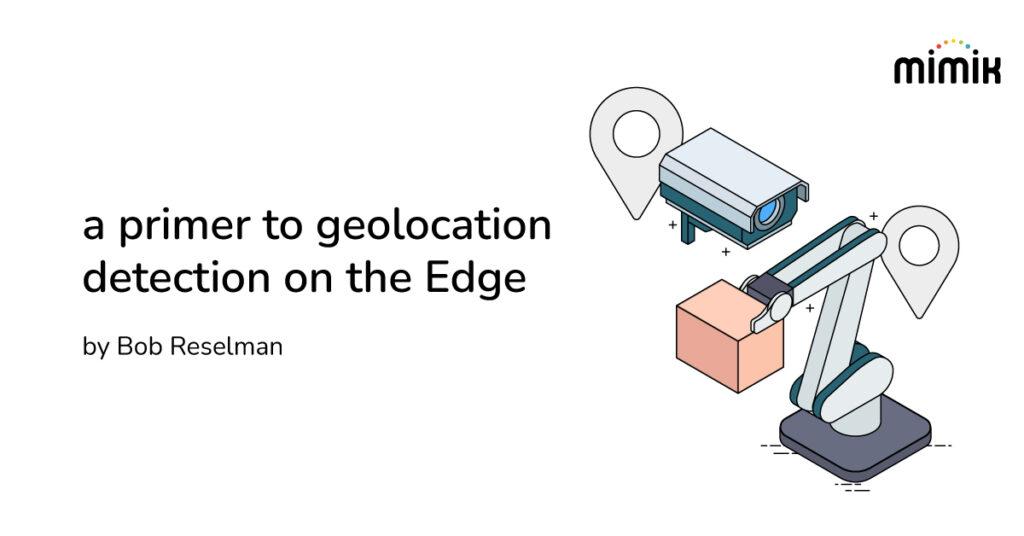SAN JOSE, Calif. — Startup Mimik released software that enables the equivalent of cloud services to run on devices including end nodes in the internet of things (IoT). The so-called edgeEngine aims to lower response times and open up new use cases.
The code lets any device running a popular operating system host the kind of microservices usually managed by the likes of AWS or Microsoft Azure. Early users include companies in gaming and health care, as well as Lime Microsystems, that will bundle the SDK with its open-source base stations.
Carriers in the Facebook-led Telecom Infra Project aim to use the software “so they don’t have to go to a cloud service for communications in villages in Africa where connecting to a remote data center over an expensive satellite link would not be viable,” said Fay Arjomandi, Mimik’s co-founder and chief product officer.
3Blackdot, a gaming company, will use the code to host local virtual meeting rooms for players, cutting costs of cloud services. It also lets the company create new experiences such as broadcasting a player’s pulse as a sign of game stress, she said.
The software runs in 100 Kbytes of memory, although supporting three simultaneous microservices would drive that to 256 KB. It requires 5–8 MBytes of storage depending on the OS and supports the latest versions of Android, iOS, Linux, MacOS, Raspbian, and Windows.
The edgeEngine lets end nodes discover each other’s resources and pathways between them. It supports a container environment that can run microservices written in JavaScript. It also supports links to cloud services if needed for functions such as authentication.
Mimik charges three to five cents per hosted microservice and aims to be profitable by 2020. The startup has taken in about $16 million in financing to date and is raising up to $15 million more to grow sales and marketing and fund development of more example microservices.The company got its start in 2009 building code to let carriers such as Vodafone run services directly on set-top boxes. “I was nine years ahead of the [IoT] market,” said Arjomandi, noting that Mimik expanded its code in 2014 to support smartphones and other devices.
— Rick Merritt, Silicon Valley Bureau Chief, EE Times



